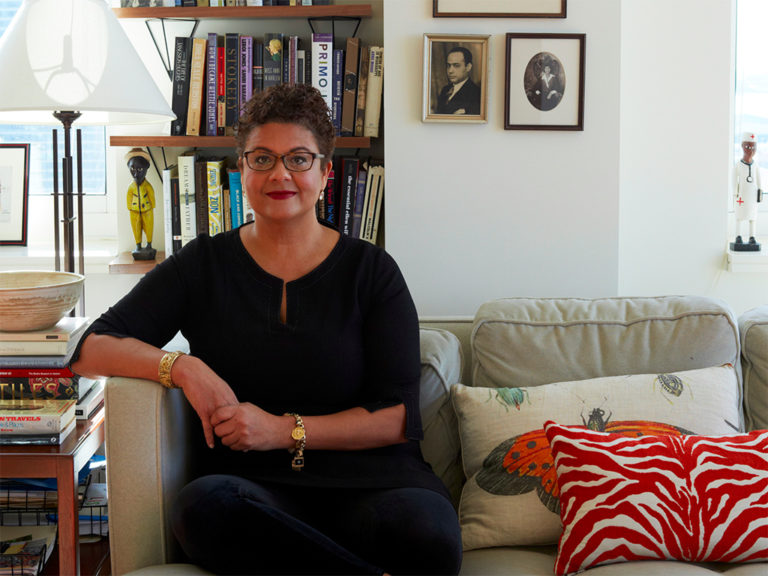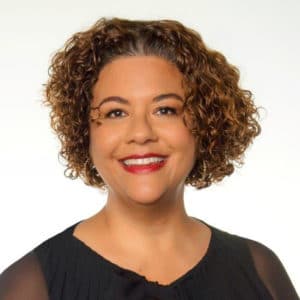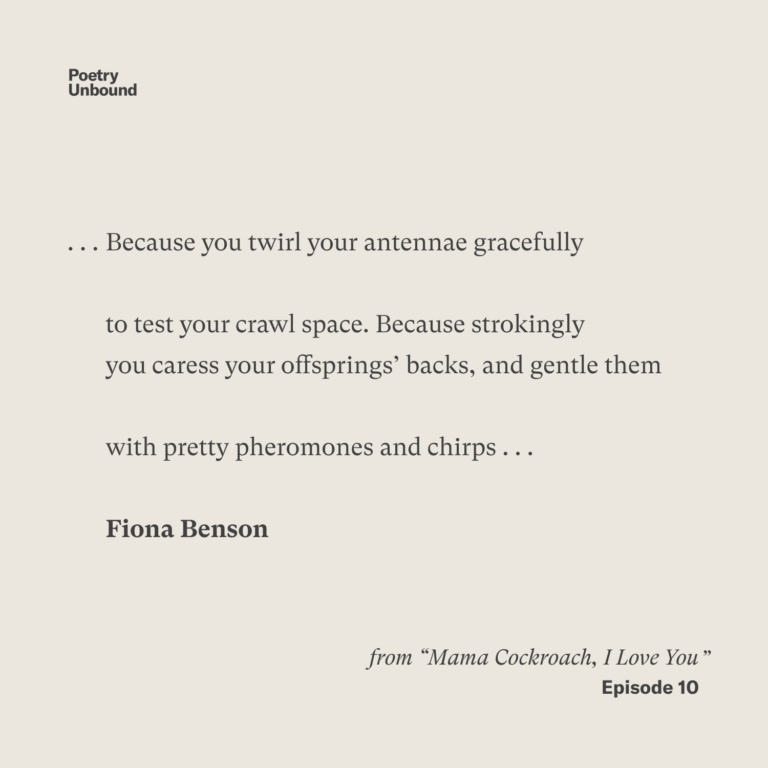Elizabeth Alexander
The Desire to Know Each Other
“Are we human beings who are in community, do we call to each other? Do we heed each other? Do we want to know each other?” Poet Elizabeth Alexander speaks of our need for language to understand our neighbors.

Guest

Elizabeth Alexander is a poet, author, and educator. Since 2018, she has served as president of The Andrew W. Mellon Foundation. She was inducted into the American Academy of Arts and Sciences in 2019 and is Chancellor Emeritus of the Academy of American Poets. Her books include American Sublime, a 2006 finalist for the Pulitzer Prize in Poetry and the memoir, The Light of the World, a 2016 finalist for the Pulitzer Prize in Biography. Her most recent book is The Trayvon Generation.
Transcript
Krista Tippett, Host: Here are some words I love, words that describe presence rather than means towards an end: nourishing, edifying, redemptive; courageous, generous, winsome; adventurous, curious, tender. I began my professional life as a journalist dealing in words the 20th century favored: crisis, containment, realpolitik. Along the way in that era and beyond it, we reserved some of the other words we need the most for sidebars to the news. They fell into disrepair and cliché.
Of course, all words are just containers on some level, but that is really the point. The connection between words and meanings resembles the symbiosis between religion and spirituality. Words are crafted by human beings, wielded by human beings. They take on all of our flaws and frailties. They diminish or embolden the truths they arose to carry. We drop and break them sometimes. We renew them, again and again.
Dr. Elizabeth Alexander: Here’s what we crave. We crave truth tellers. We crave real truth. There is so much baloney all the time. The performance of political speech, of speeches you see on the news — doesn’t it often feel to you like there should be a thought bubble over it that says, “What I really would say if I could say it, is…”?
Ms. Tippett: Elizabeth Alexander was the poet of the first Obama inauguration, and she is one of my favorite thinkers about the failure of “official language and discourse.” The poem she wrote and read on the Washington Mall in January 2009 was about the mundane, miraculous interwovenness of words with reality. I called her up for a conversation two years later, in the midst of a political season of language grown feral. Then the congresswoman Gabrielle Giffords was shot and wounded, and several others killed, at a civic gathering in front of an Arizona grocery store. I worried that a show with a poet in a week of national tragedy might seem beside the point at best, callous at worst. Instead, there was an outpouring of the same wild gratitude I know in myself when poetry intrudes and demands I let it take up space in me. We are starved and ready for fresh language to approach each other. This is what Elizabeth Alexander names.
Dr. Alexander: I learn so much every day from being a mother. My sons are 11 and 12, and you see the way children know when they’re being bamboozled. And they also are drawn towards language that shimmers, individual words with power. They will stop you and ask you to repeat a shimmering word if they’re hearing it for the first time. You can see it in their faces.
Ms. Tippett: I have a young son, too — can you think of one of those words?
Dr. Alexander: Well, actually, if they were right here, they would love hoodwinked and bamboozled. People sometimes ask me when they read poems that have an “I” in them that seems to be autobiographical — people are interested in the details. Oh, did that really happen to you? Is that from you? What I try to explain is, even if I am drawing on personal experience, the truth of a poem is actually much deeper than whether or not something really happened. What matters is an undergirding truth that I think is the power of poetry.
Ms. Tippett: As you’re talking, I’m thinking of your poem “Ars Poetica #100: I Believe,” especially these lines:
Poetry is what you find in the dirt in the corner,
overhear on the bus, God in the details, the only way
to get from here to there.
Poetry (and now my voice is rising)
is not all love, love, love, and I’m sorry the dog died.
Poetry (here I hear myself loudest) is the human voice,
and are we not of interest to each other?
Dr. Alexander: I think that the truth of that poem is not about true things or things that happened, but rather in the question, are we not of interest to each other? Which to me isn’t about, I like her shoes or, oh, he has a fascinating job. It’s much deeper than that. Are we human beings who are in community, do we call to each other? Do we heed each other? Do we want to know each other? To reach across what can be a huge void between human beings. I look at my children and I think, as deeply as I know you I do not know what’s inside your heads. But I crave knowing them that deeply. And so it’s most intense with one’s beloveds, but I think it’s a way to move in the world. And if we don’t do that with language that’s very, very, very precise — not prissy, but precise — then are we knowing each other truly?







Reflections